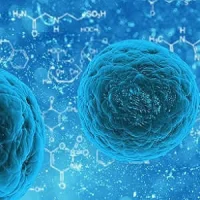Despite significant therapeutic advances, the prognosis of heart failure is still worse than that of most cancers. This is mainly because the important pathophysiological mechanisms of heart failure still remain unidentified.
It is already established that inflammation contributes to both the development and progression of heart failure. Inflammatory response perpetuation could be the result of excessive
activation of proinflammatory cascades or disturbances in the resolution
of inflammation. While research has investigated the proinflammmatory processes involved in heart failure
pathophysiology, the mechanisms responsible for inflammation resolution
in this syndrome are still disregarded.
Increasing evidence suggests that lipid mediators of
resolution of inflammation, such as lipoxins, resolvins, protectins and
maresins exert
cardiovascular, metabolic and renoprotective effects. This could potentially delay the onset and progression of heart failure. In addition, drugs such as low-dose aspirin, statins, ticagrelor etc. can induce the synthesis of
proresolving mediators, as well as therapies that may hinder
inflammation resolution.
Current heart failure polytherapy has been unable to stimulate the resolution of inflammation. The effects on inflammation resolution of standard drugs used for heart failure treatment including beta-blockers, angiotensive converting enzyme inhibitors and diuretics still remains unclear.
It is thus evident that the impact of heart failure patient medication on inflammation resolution must be evaluated in order to improve both the prognosis and treatment of the disease.
Source: Bentham Science
Image Credit: Pixabay










